Israel jolted by ‘shocking’ settler violence
A wave of brazen attacks on Palestinian communities in the West Bank has prompted a rare public outcry from Israeli officials

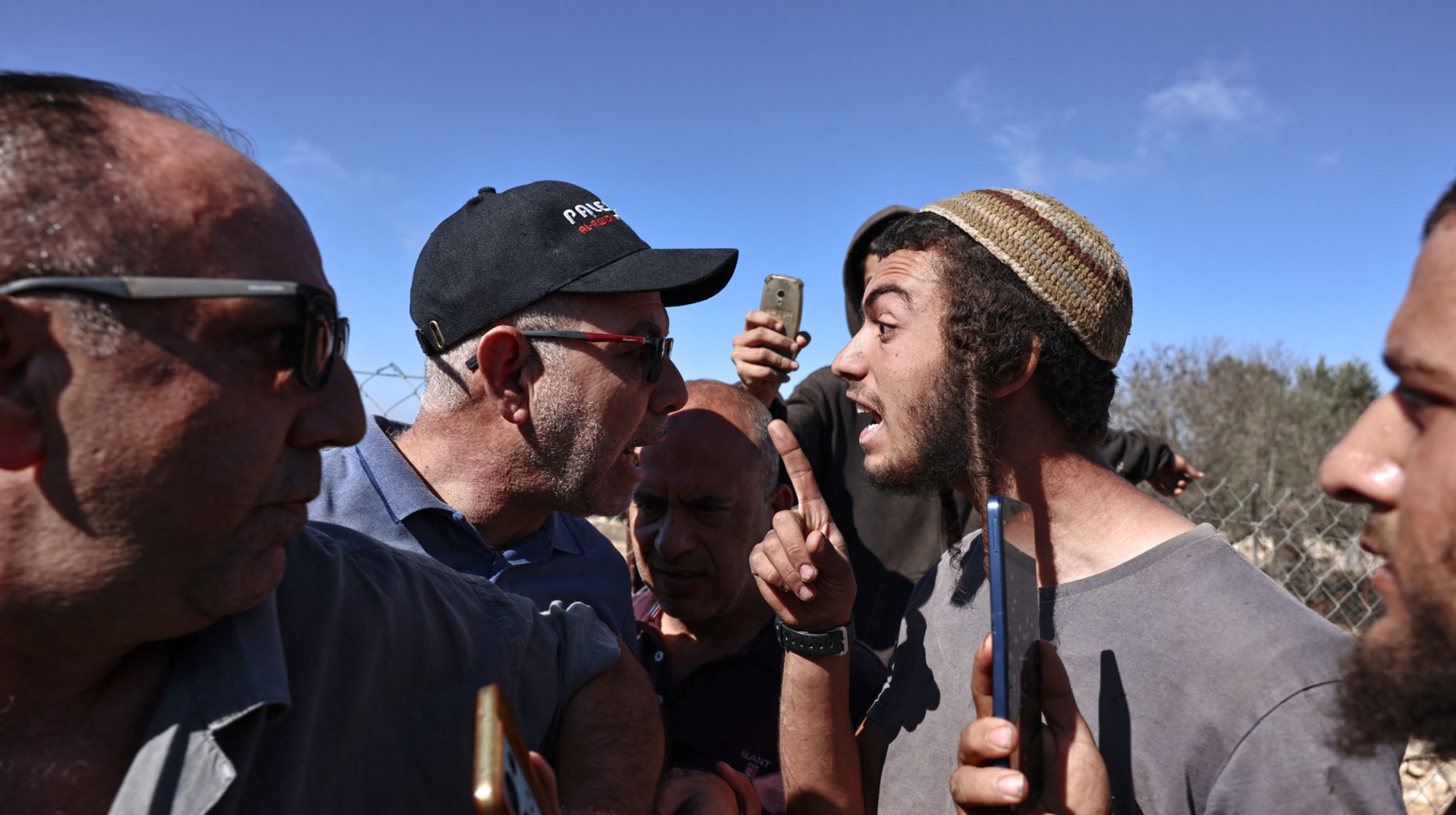
A free daily email with the biggest news stories of the day – and the best features from TheWeek.com
You are now subscribed
Your newsletter sign-up was successful
Israeli President Isaac Herzog this week condemned the latest outbreak of settler-instigated violence against Palestinians in the West Bank, decrying a recent arson attack near the city of Tulkarm as “shocking and serious” in some of his most high-profile public statements on the longstanding trend to date. Herzog’s comments come during the seasonal olive harvest that brings Palestinian farmers into their neighboring fields, often setting the stage for attacks from groups of Israeli settlers. According to United Nations monitors, settler violence against Palestinians has reached a record high, with some 1,500 incidents recorded this year.
‘Act decisively to eradicate the phenomenon’
While the olive harvest has always been a time for heightened settler violence against Palestinians, this year’s “situation on the ground is out of control,” said Anton Goodman, Partnership Director of Rabbis for Human Rights, to the Haaretz podcast. The group, which monitors rights abuses in the occupied territories, has never seen “such a peak moment of violence” impacting “so many communities” in the West Bank as they have this season, said Goodman. In the latest of such instances, “dozens” of Israeli settlers attacked the Deir Sharaf Bedouin village and Al-Juneidi dairy factory near Tulkarm on Tuesday, “brandishing clubs and setting fire to parked vehicles,” said CNN.
This attack “crosses a red line,” Herzog said on X, urging Israeli officials to “act decisively to eradicate the phenomenon.” In doing so, he offered a “rare and powerful voice” to the ordinarily “muted criticism by top Israeli officials of the settler violence,” said The Associated Press. Rights groups have long criticized the Israeli government’s alleged tendency to “turn a blind eye to the violence,” including by dispatching Israeli Defense Force soldiers to incidents, only for them to “frequently leave without detaining the assailants or arrest only Palestinians,” said The New York Times.
The Week
Escape your echo chamber. Get the facts behind the news, plus analysis from multiple perspectives.

Sign up for The Week's Free Newsletters
From our morning news briefing to a weekly Good News Newsletter, get the best of The Week delivered directly to your inbox.
From our morning news briefing to a weekly Good News Newsletter, get the best of The Week delivered directly to your inbox.
Bad apples ‘tarnish a law-abiding public’
Within the Israeli Defense Forces, the uptick in West Bank violence against Palestinians has been pinned on “fringe anarchist teenagers” who need “intervention from welfare and education institutions,” said a briefing from IDF Central Command obtained by Haaretz. Those responsible are a “criminal minority tarnishing a law-abiding public” whose actions “violate our values, cross a red line and divert forces’ attention from their mission,” said IDF Chief of Staff Eyal Zamir on Wednesday during a training exercise in the West Bank. That mission is “protecting settlements and carrying out offensive operations.”
Speaking in “closed discussions,” IDF Maj. Gen. Avi Bluth, who leads the country’s central command, has “demanded expanded legal powers” to “tackle the growing wave of settler violence,” said YNet News. The ask comes amid “mounting pressure from field commanders” to reinstate “administrative detention orders for Jewish extremists” that were canceled one year ago. The extremists’ goal, said left-wing Israeli Knesset member Gilad Kariv, is to “ignite a third intifada” that will draw in the IDF in a way “reminiscent of the operation in Gaza.”
Noting that military officials are “already speaking openly about this danger,” Kariv said on X that the violence against West Bank Palestinians is not “isolated pogroms” but are the “initial stages of implementing the nationalist right’s plan.”
A free daily email with the biggest news stories of the day – and the best features from TheWeek.com
Rafi Schwartz has worked as a politics writer at The Week since 2022, where he covers elections, Congress and the White House. He was previously a contributing writer with Mic focusing largely on politics, a senior writer with Splinter News, a staff writer for Fusion's news lab, and the managing editor of Heeb Magazine, a Jewish life and culture publication. Rafi's work has appeared in Rolling Stone, GOOD and The Forward, among others.
-
 Sepsis ‘breakthrough’: the world’s first targeted treatment?
Sepsis ‘breakthrough’: the world’s first targeted treatment?The Explainer New drug could reverse effects of sepsis, rather than trying to treat infection with antibiotics
-
 James Van Der Beek obituary: fresh-faced Dawson’s Creek star
James Van Der Beek obituary: fresh-faced Dawson’s Creek starIn The Spotlight Van Der Beek fronted one of the most successful teen dramas of the 90s – but his Dawson fame proved a double-edged sword
-
 Is Andrew’s arrest the end for the monarchy?
Is Andrew’s arrest the end for the monarchy?Today's Big Question The King has distanced the Royal Family from his disgraced brother but a ‘fit of revolutionary disgust’ could still wipe them out
-
 Grok in the crosshairs as EU launches deepfake porn probe
Grok in the crosshairs as EU launches deepfake porn probeIN THE SPOTLIGHT The European Union has officially begun investigating Elon Musk’s proprietary AI, as regulators zero in on Grok’s porn problem and its impact continent-wide
-
 Israel retrieves final hostage’s body from Gaza
Israel retrieves final hostage’s body from GazaSpeed Read The 24-year-old police officer was killed during the initial Hamas attack
-
 Panama and Canada are negotiating over a crucial copper mine
Panama and Canada are negotiating over a crucial copper mineIn the Spotlight Panama is set to make a final decision on the mine this summer
-
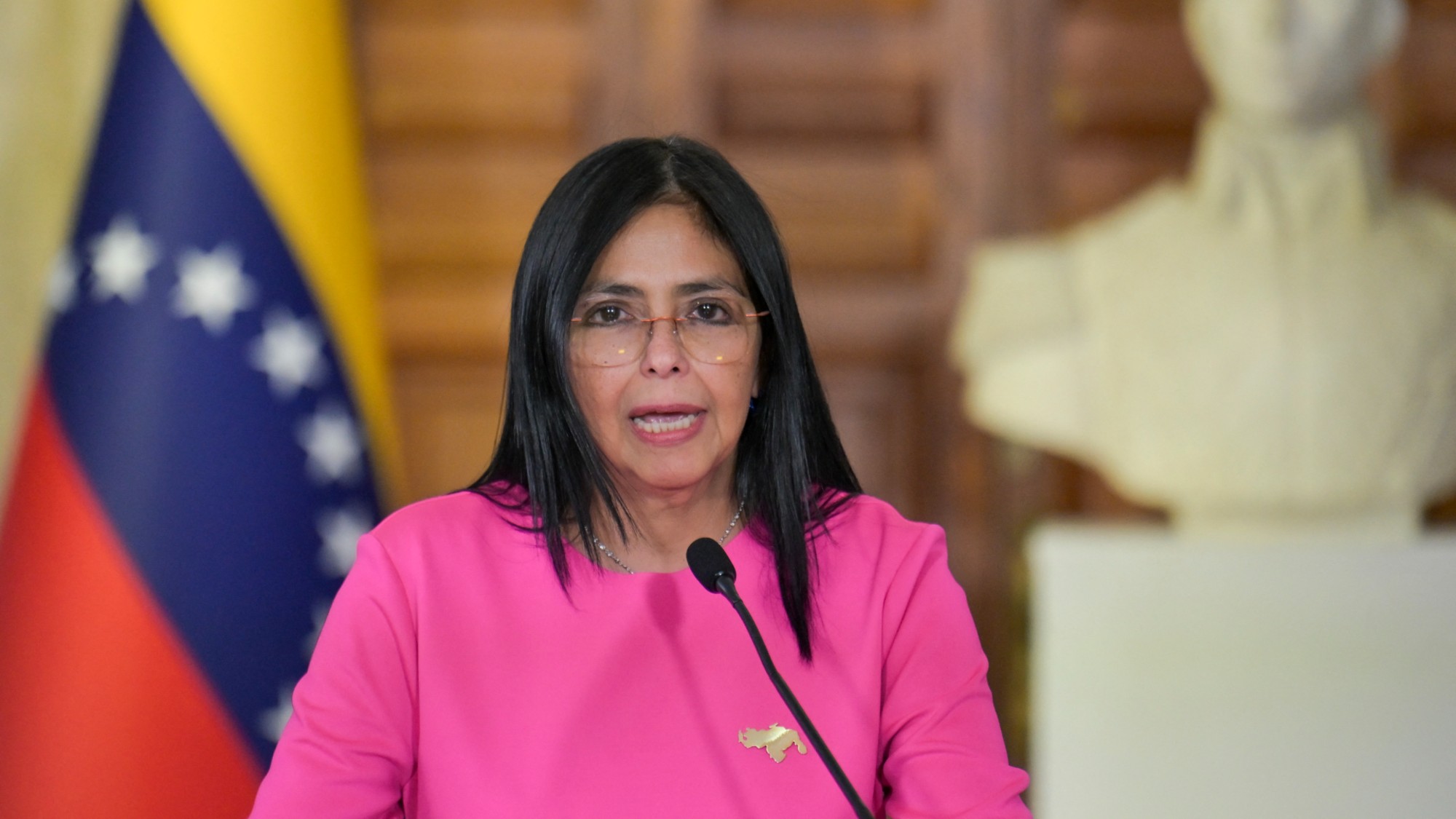 Delcy Rodríguez: Maduro’s second in command now running Venezuela
Delcy Rodríguez: Maduro’s second in command now running VenezuelaIn the Spotlight Rodríguez has held positions of power throughout the country
-
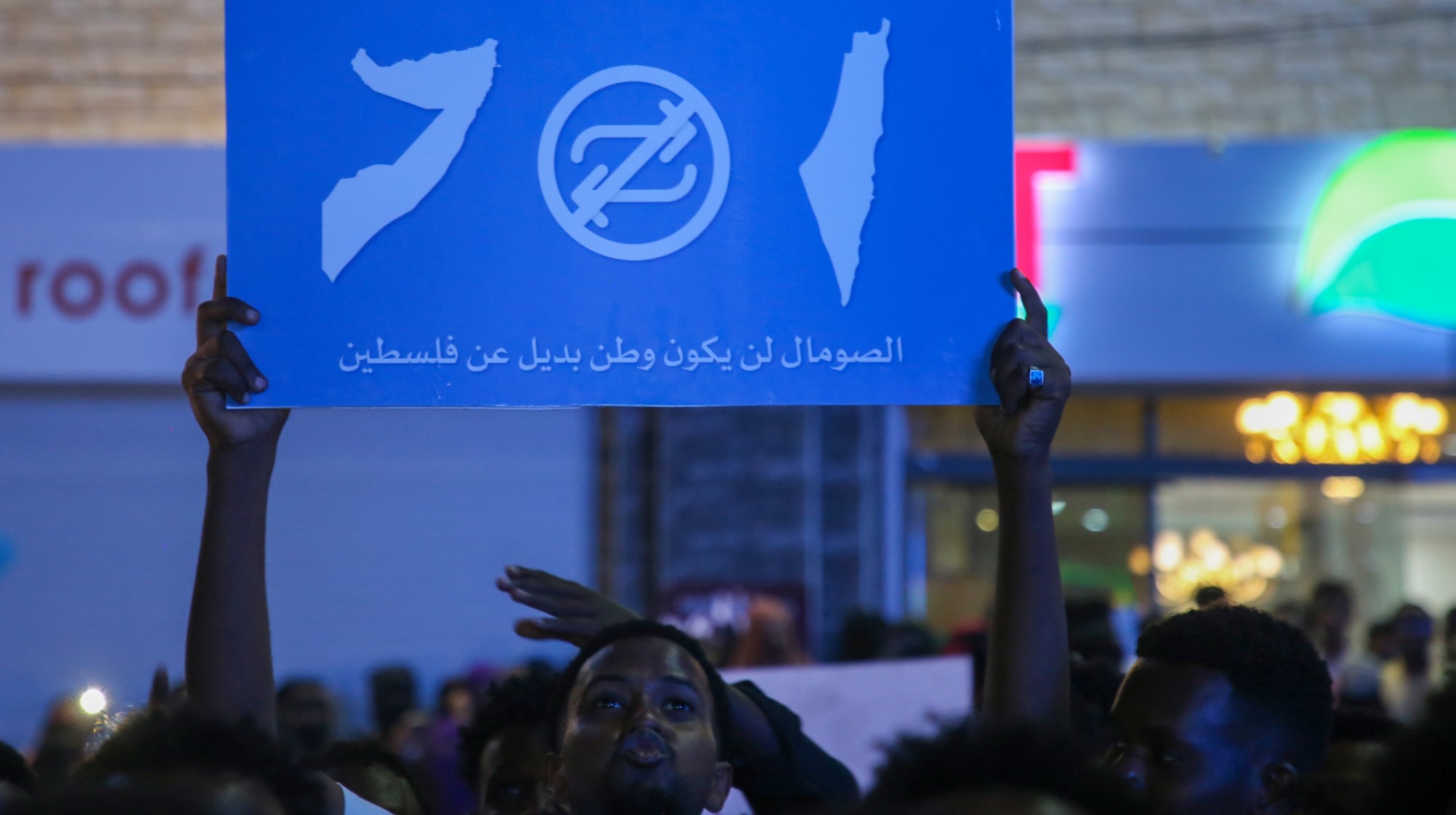 Why recognizing Somaliland is so risky for Israel
Why recognizing Somaliland is so risky for IsraelTHE EXPLAINER By wading into one of North Africa’s most fraught political schisms, the Netanyahu government risks further international isolation
-
 Shots fired in the US-EU war over digital censorship
Shots fired in the US-EU war over digital censorshipIN THE SPOTLIGHT The Trump administration risks opening a dangerous new front in the battle of real-world consequences for online action
-
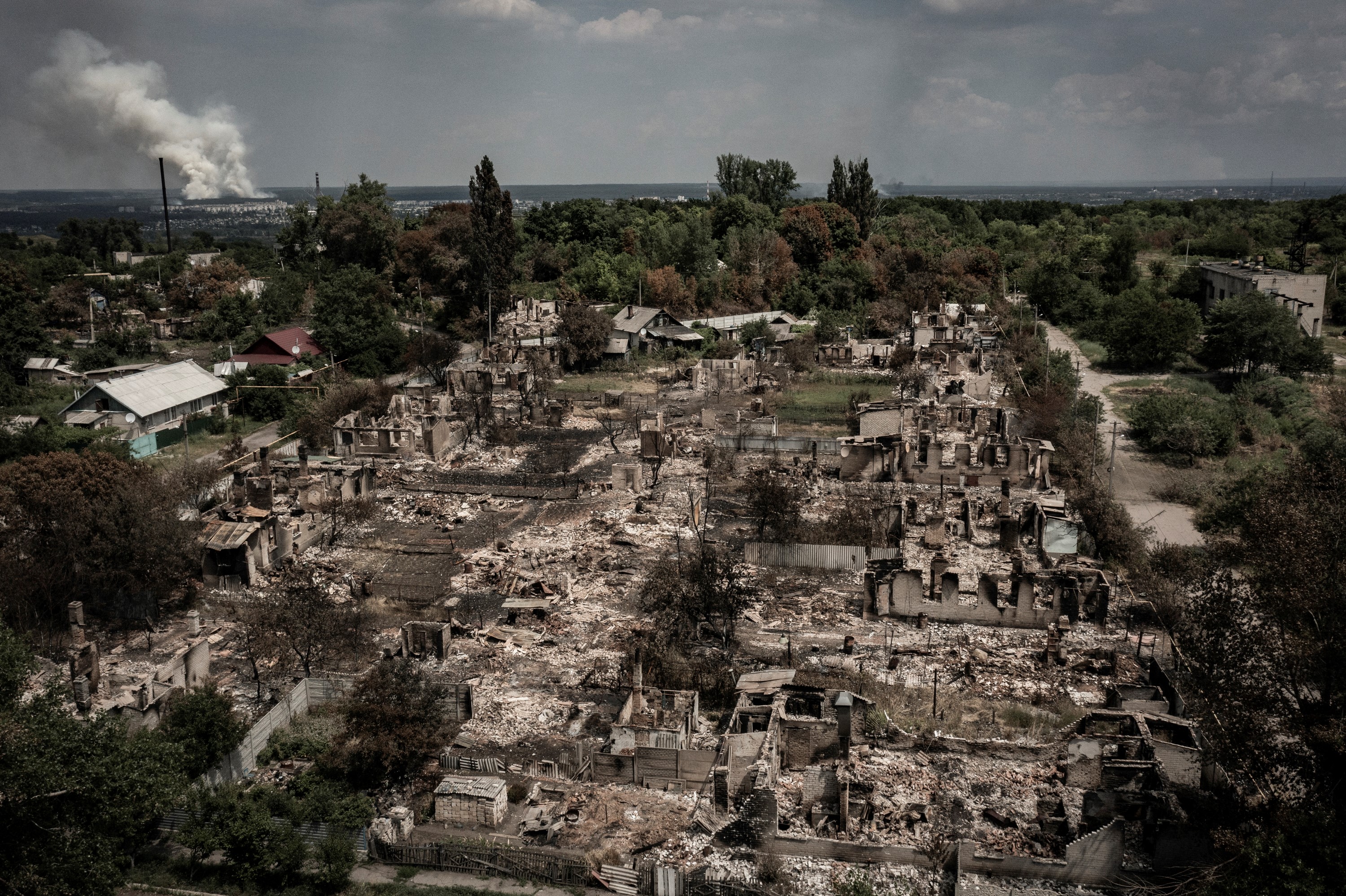 All roads to Ukraine-Russia peace run through the Donbas
All roads to Ukraine-Russia peace run through the DonbasIN THE SPOTLIGHT Volodymyr Zelenskyy is floating a major concession on one of the thorniest issues in the complex negotiations between Ukraine and Russia
-
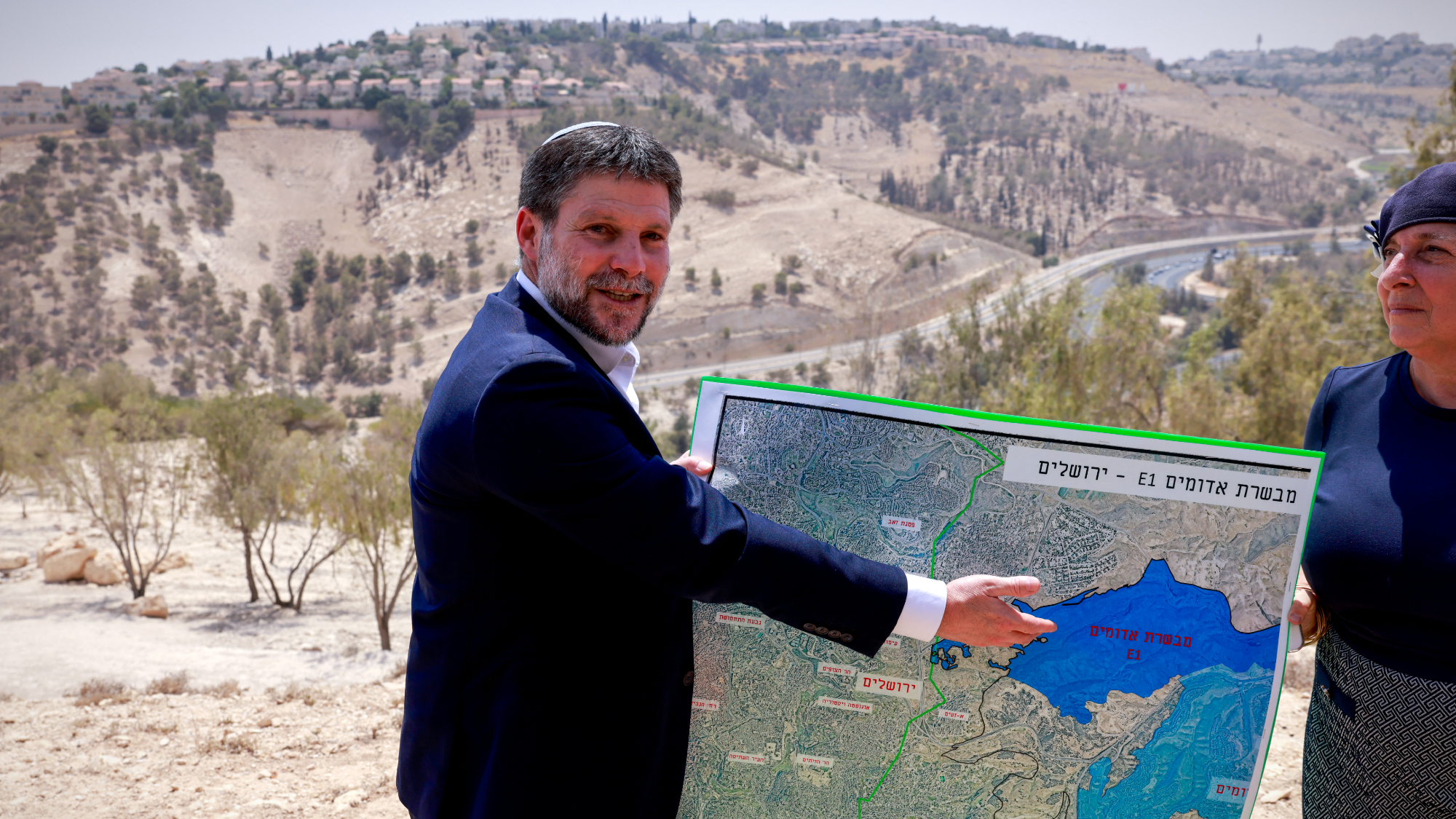 Israel approves new West Bank settlements
Israel approves new West Bank settlementsSpeed Read The ‘Israeli onslaught has all but vanquished a free Palestinian existence in the West Bank’
